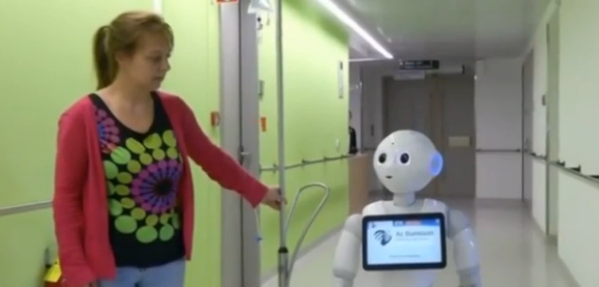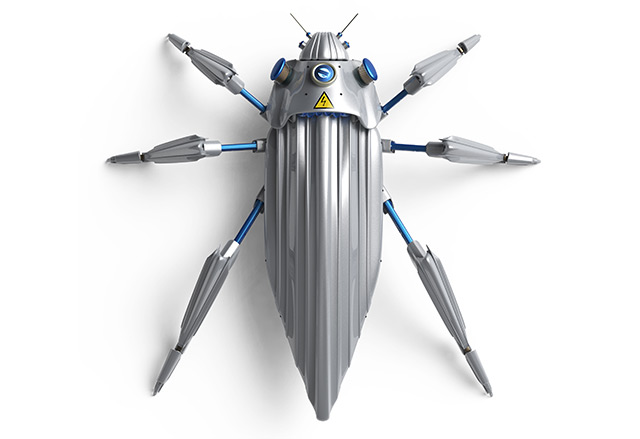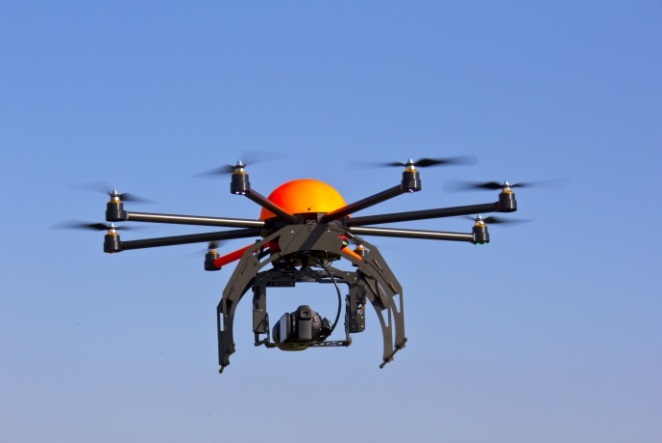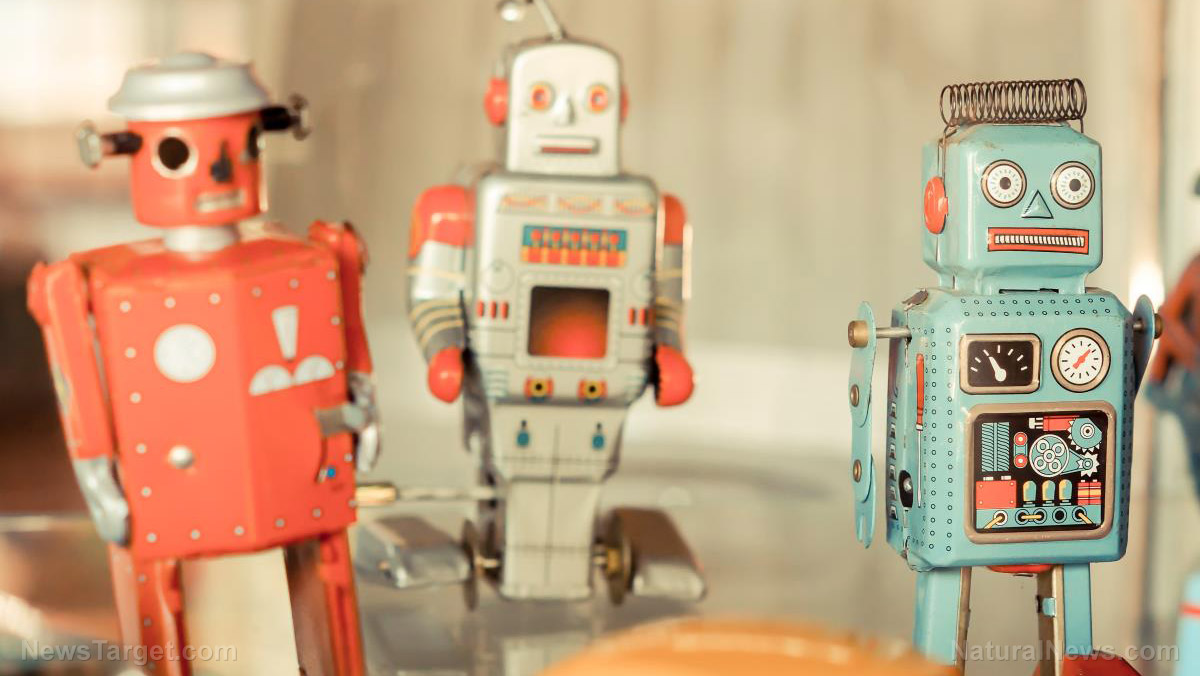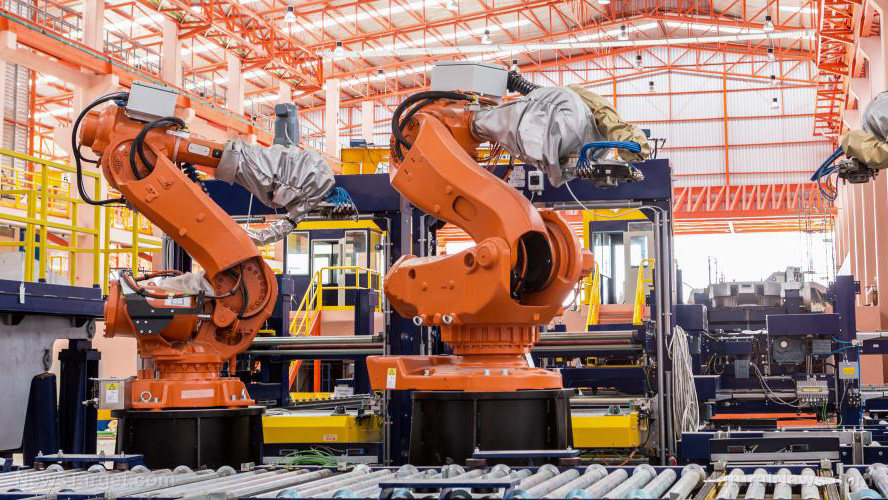Robots are a threat to human welfare in more ways than one. A recent, in-depth report found that approximately 35 percent of jobs in the UK are likely to be taken over by robots within the next 20 years.
The authors of the study drew up a list of skills that robots possess, and the jobs that require those skills. Some professions, from teachers to therapists, escaped the clutches of robotic job-stealing tyranny. Nevertheless, jobs that require repetitive skills, manipulating data, and information processing may be in their twilight.
The researchers calculated the advantages humans have over machines for various tasks at hand. Jobs that require those traits were less likely to be stolen by robots. The entire list of probabilities can be found at the end of Carl Benedikt Frey and Michael A. Osborne’s report, “The Future of Employment.”(1)
Robots Steal Steels Jobs
Humans are typically better at social interaction than robots. It was therefore surprising when the report found that Telesales people had a 99 percent chance of their jobs becoming automated. Although telepersons are chosen for their ability to effectively engage with the public, the probability that the profession will be automated is higher than any other sector.(2)
Typists and data entry clerks were the second most likely to lose their jobs to automation. Being a typist requires the ability to work with speed and efficiency — something robots are particularly well equipped at.
Among other jobs at risk for robotic takeover include warehouse sorters. This is because the manual labor at warehouses is repetitive and requires little creativity. While strong muscles are necessary to lift heavy boxes, arms made of steel are just as effective, if not more so, at lifting large objects than arms made of bone and tissue.
Robots have not let inspectors slip through their cold, dead fingers. Those who test products and machines on production lines are particularly at risk for automation. In other words, machines will be better equipped to test the efficiency of machines than their makers!
Machines may even take over the law, or at least professions associated with law. Legal secretaries had a 97.6 percent chance of becoming automated, according to the study. Legal secretary jobs require the ability to communicate effectively both orally and in writing, as well as meet various deadlines.(2)
Anyone who crunches numbers for a living is likely to be superseded by computers as well. Finance officers, payroll assistants, sales administrators, tax advisers and accountants are all expected to fall with the rise of artificial intelligence.
Preparing the Future Workforce
Work is what makes life worth living. While machines have and certainly will take jobs away from people, they also open up new avenues that could not otherwise be pursued. Creative endeavors, including writing, entrepreneurship, engineering, and the quest for scientific discovery, are occupations that robots could compliment rather than conflict with.
Nevertheless, in planning your career path, it’s important to have a understanding of the competition at hand, whether it is human or robotic. Creativity, digital know-how and effective management, and a spirit of entrepreneurship are skills people must cultivate in order to stay ahead of the curve.
Sources include:
(1) Independent.co.uk
(2) HuffingtonPost.co.uk









